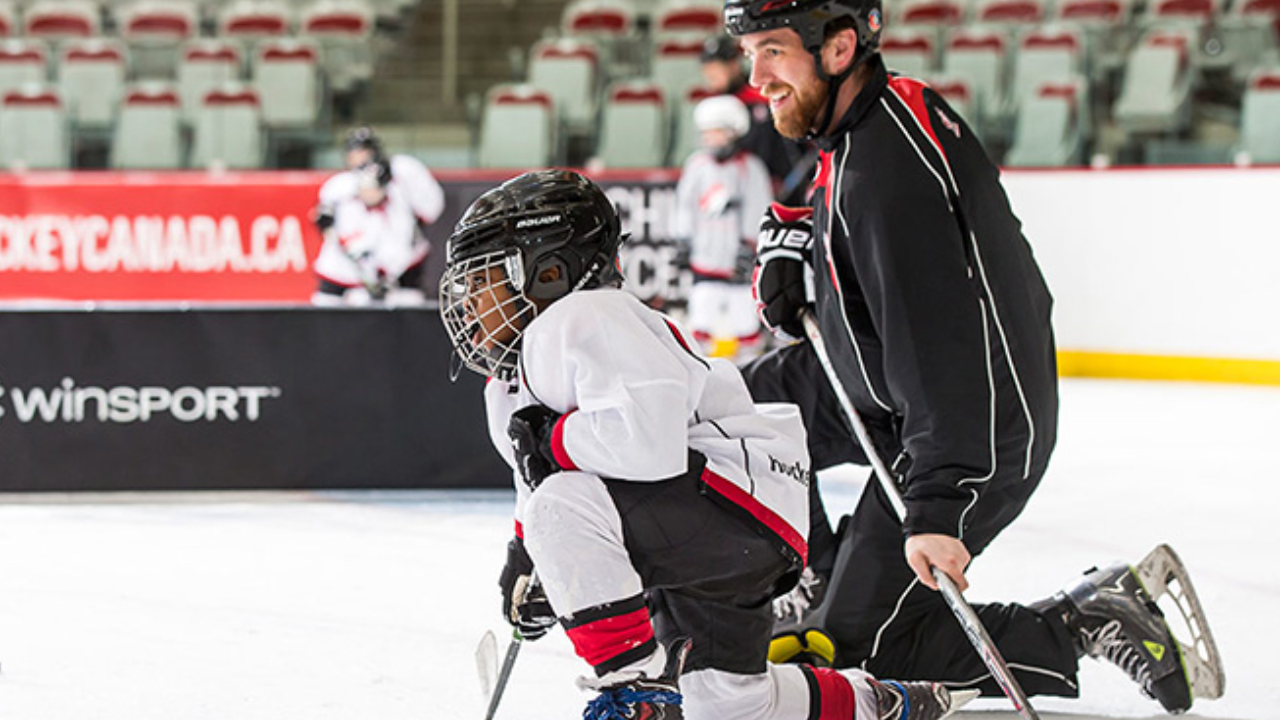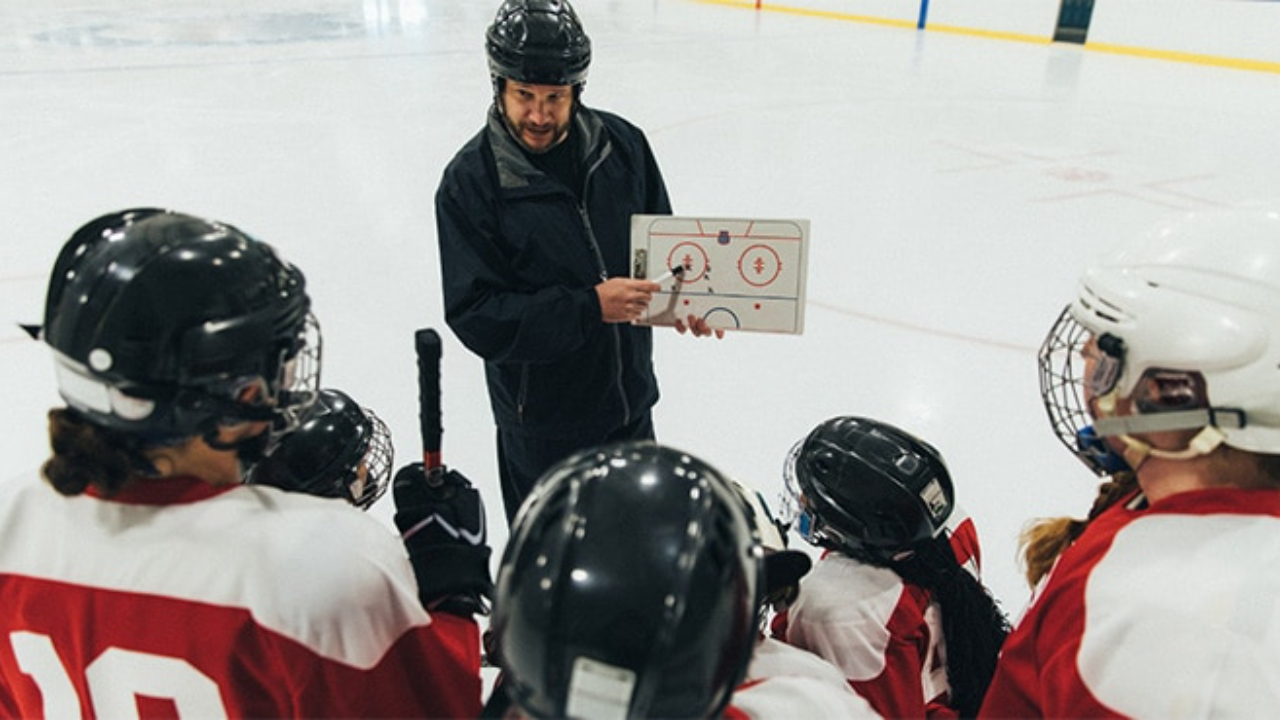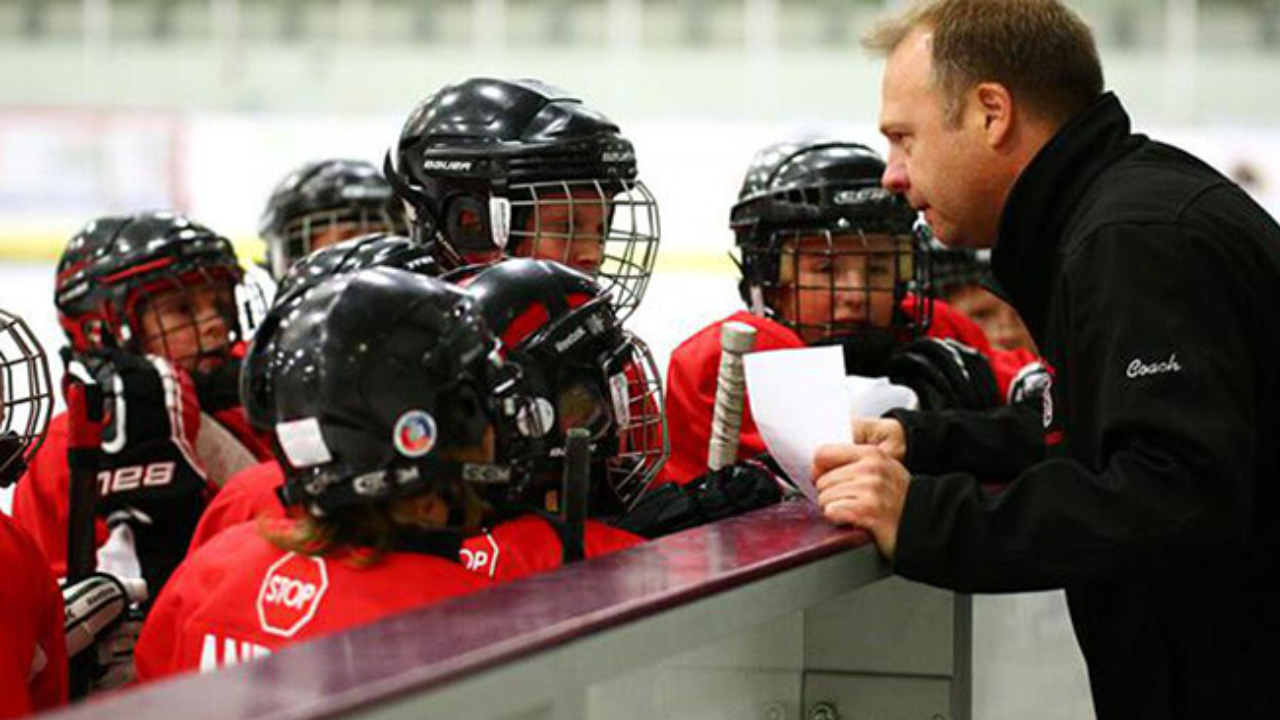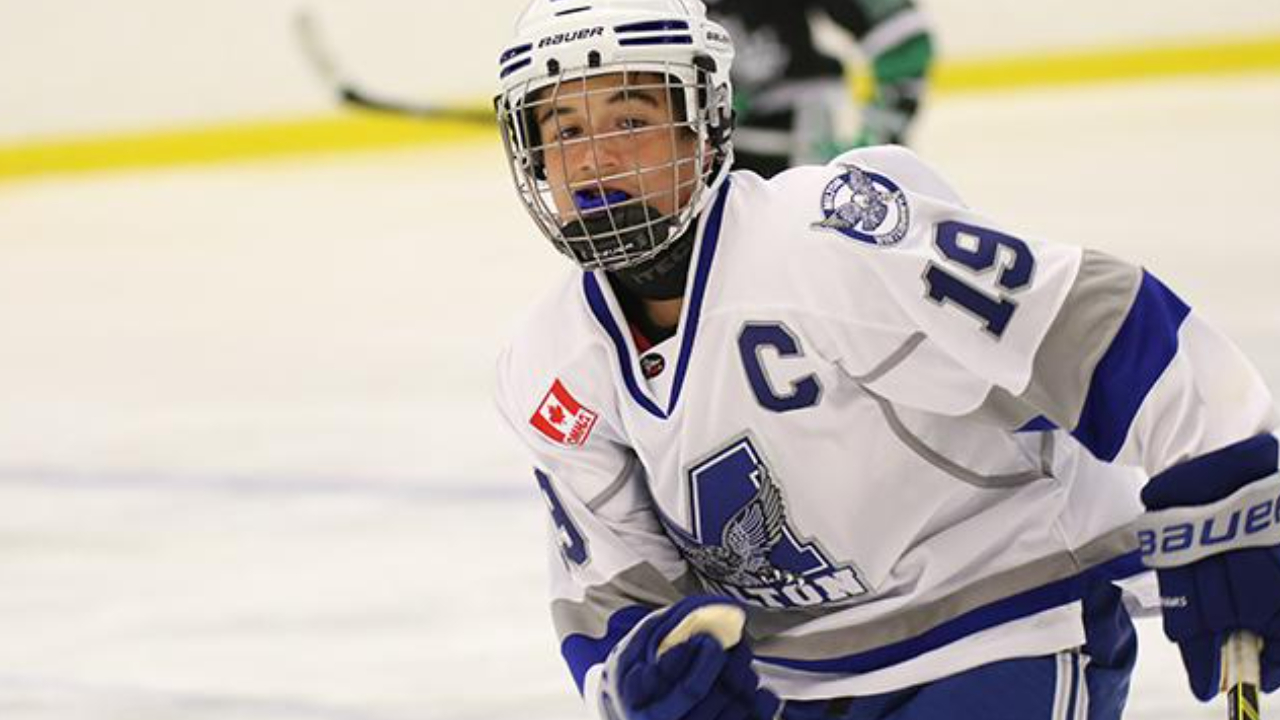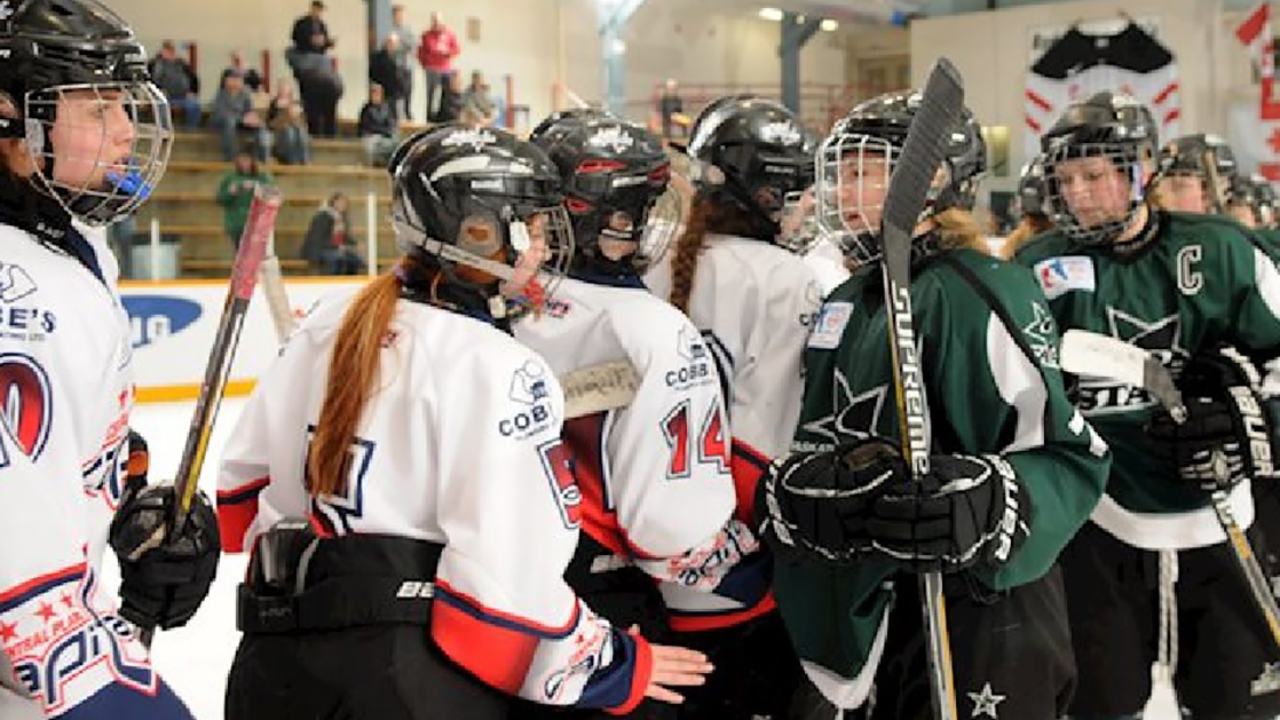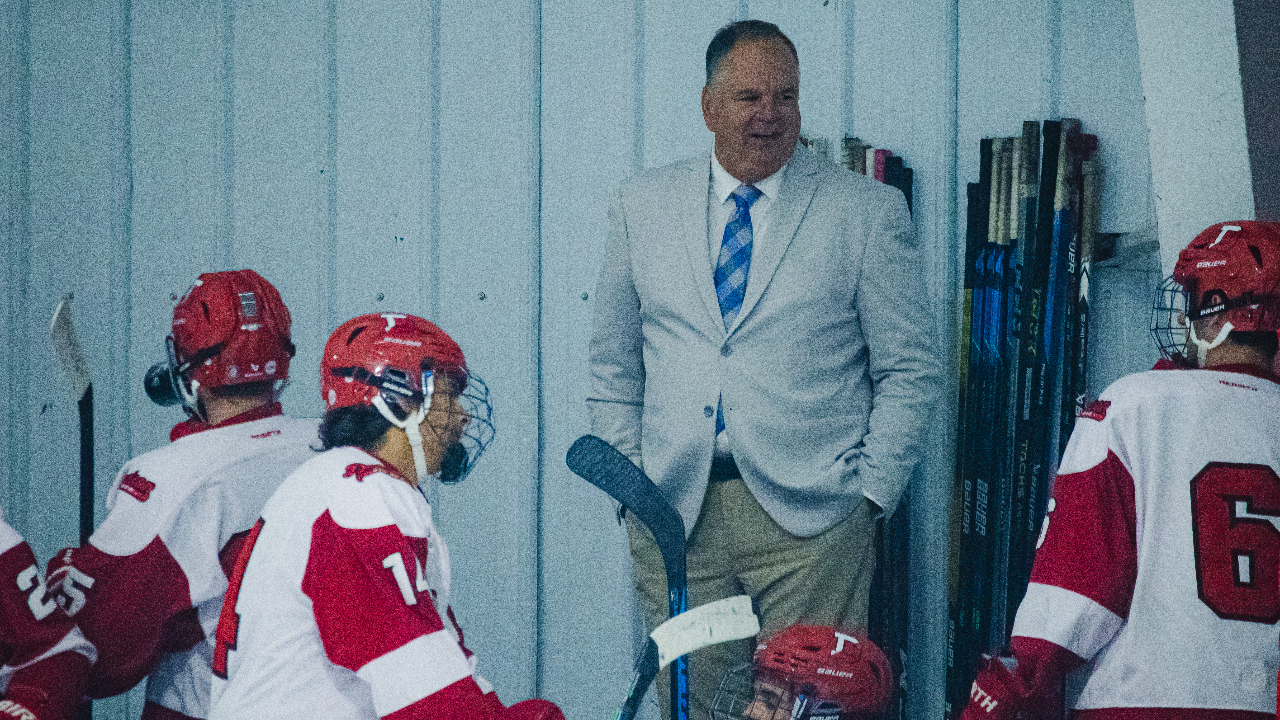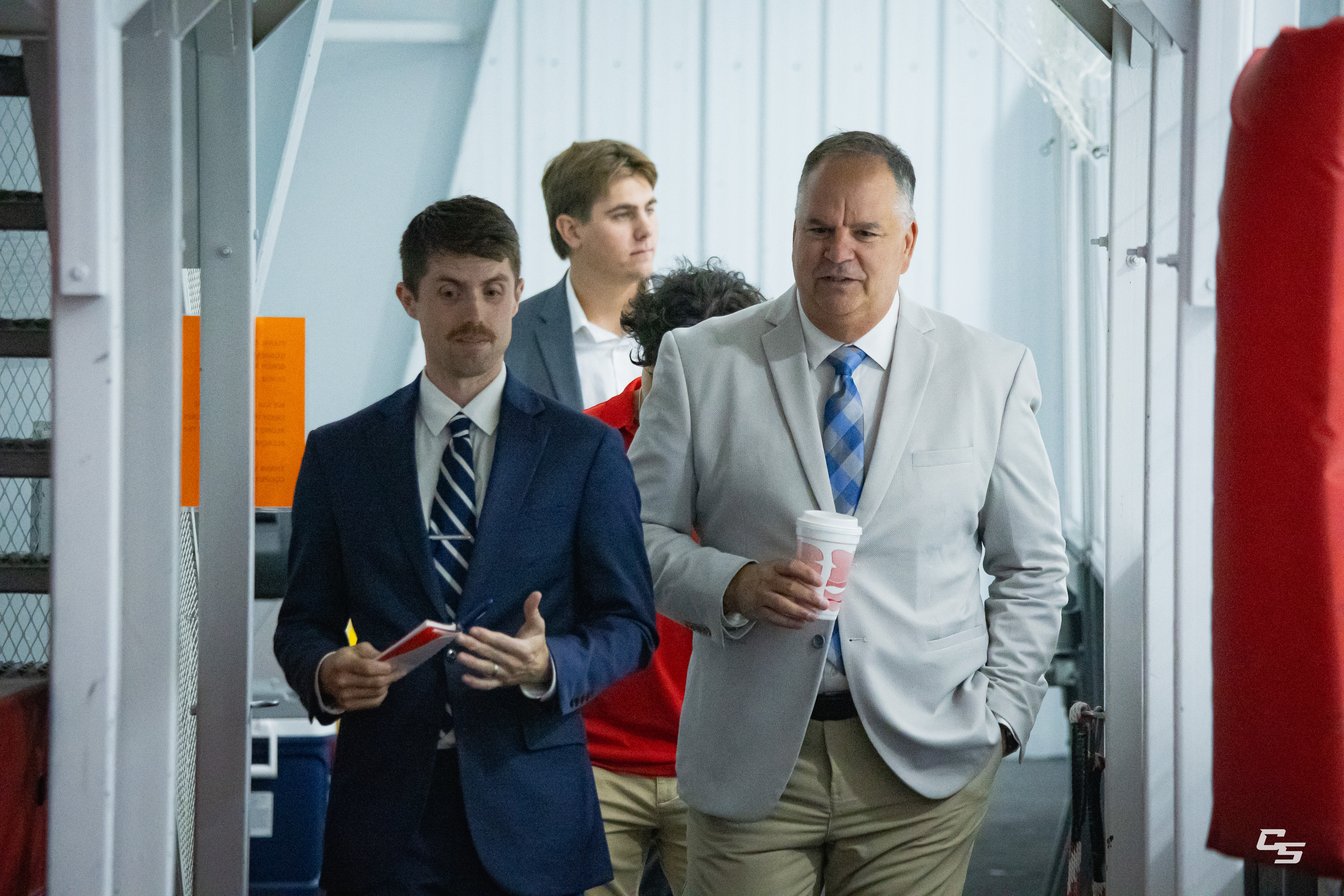
Leadership on the Edge: When Captains Challenge
By Jeff German, Head Coach, Denison University Men’s Hockey
Every coach will face it eventually. The moment will come when the leaders of your team stop nodding and start pushing back. Maybe it’s in the middle of a game, maybe it’s in the locker room, but it’s unmistakable: the captains, the ones you trust to set the tone, are openly questioning your decisions in front of the rest of the group.
It’s a gut-punch moment. You ask yourself: Is this passion and accountability, or is it insubordination? And trust me, you have difficulty thinking rationally in the moment.
At its best, this tension comes from care. Good leaders on the ice, or in any arena, are emotionally invested. They want to win. They feel responsible. And in the heat of the moment, emotion can sound like defiance. The challenge is discerning whether their intent is to push for clarity or undermine authority.
The Relationship Factor
In most programs, this would be simple; disrespect the coach, lose the letter. But when the relationship between the coach and captains is built on deep mutual respect, it’s not that black and white.
In my case, these captains aren’t distant figures; they’re young men I’ve invested in, challenged, believed in, and grown to love. I’ve trusted them to carry the heartbeat of the team. We’ve been through the grind together. We’ve shared the burden of international travel, long bus rides, late nights, hard losses, big wins, and honest conversations that go beyond hockey. We care about each other like family. They know I have their back, and I know they have mine.
That kind of closeness makes the sting of public disagreement cut deeper, but it also makes the response more complex. You can’t just pull rank on people who care that much. You have to honor the relationship while still protecting the standard.
True leadership in that moment isn’t about dominance; it’s about preserving connection while reaffirming direction.
What It Says About the Coach
When captains begin to question or doubt a head coach publicly, it can reveal cracks in communication. It’s not necessarily failure, but a disconnect in understanding the why behind decisions.
A confident coach must resist the temptation to respond emotionally. Instead, ask:
Have I equipped my leaders with enough context to understand my decisions?
Have I built a culture where disagreement has a place, but disrespect does not?
But game time is different. During competition, when you have 15 seconds to get a tactical adjustment communicated, there’s no time to explain the why. In those moments, the why must be assumed. The why must be built on the foundation of trust and preparation you’ve already established.
And yet, even knowing that, I did what many coaches do, I lashed out. Abruptly. In frustration. I wasted precious seconds and threw gasoline on the fire. I met emotion with emotion, and in that instant, I modeled the very behavior I expect my players to control.
It was a reminder: even coaches, especially coaches, are still learning. Leadership isn’t about never losing composure, it’s about recognizing when you have, owning it, and reestablishing the standard.
Leaders don’t earn respect by demanding silence; they earn it by showing that even in their missteps, they’re accountable too.
What It Says About the Captains
Captains who challenge a coach in front of the team are walking a fine line. Leadership isn’t about being the loudest voice, it’s about reinforcing unity even in disagreement. When a captain publicly disputes the coach, they risk splitting the locker room into factions: “coach’s guys” and “players’ guys.”
But when that challenge comes from a place of relationship; from mutual respect and genuine belief, and let’s call it what it is, love, it’s rarely about rebellion. It’s about emotion overriding timing. Effective leaders learn not to suppress that passion, but to channel it constructively.
True captains hold the coach accountable, but they do it behind closed doors, not in front of teammates. Public challenge undermines not just authority, but team cohesion and it puts both the coach and the captain in a no-win situation.
The Heat of Battle
In the chaos of a game, emotion runs high. Mistakes happen, both tactical and verbal. The heat of the moment can explain an outburst, but it doesn’t excuse it.
Once the dust settles, a good coach pulls that player aside and says, “I get that you were frustrated. But that’s not how we lead this team.”
And when the relationship is strong, those conversations can be honest without being destructive. That’s the benefit of mutual respect, it gives both sides room to speak truth without losing trust.
However, if that conversation happens and the captain continues to make public challenges, then the coach has a responsibility to act. Wearing a “letter” is not a right; it’s a privilege tied to accountability. Removing it doesn’t mean you don’t value the player; it means you value the team’s standard more.
The Corporate Parallel
In the workplace, this same scenario plays out in meetings when a senior team member publicly undercuts their boss. Strong organizations have structures for debate: strategy meetings, post-mortems, one-on-ones, but they don’t allow public dissent that erodes leadership credibility.
If an employee repeatedly undermines leadership in front of others, even if they’re talented, they’ll either be corrected or reassigned. The principle is the same: Challenge, but don’t Confront.
The Way Forward
When respect and trust already exist, as they do between coach and captain, the path forward isn’t punishment; it’s communication. Sit down, calmly, and redefine what leadership looks like in your culture.
“I value your input. I want your perspective. But the time and place matter. We can debate behind closed doors, but once we step in front of the team, we stand as one.”
That’s not silencing them; it’s teaching them how to lead.
When the relationship is strong, this becomes a turning point. It’s the moment the team’s leaders learn how to balance passion with poise, conviction with composure.
Closing Thought
Leadership is messy. Passion and emotion are the raw materials of greatness. But without structure, they can also destroy trust.
The mark of a great program isn’t that leaders never disagree, it’s that they know how and when to do it.
When captains challenge the coach, it’s a sign that they care. When they learn to challenge the right way, it’s a sign that they’ve grown. And when both sides care enough to have the hard conversation and preserve the relationship, that’s when culture becomes unbreakable.

